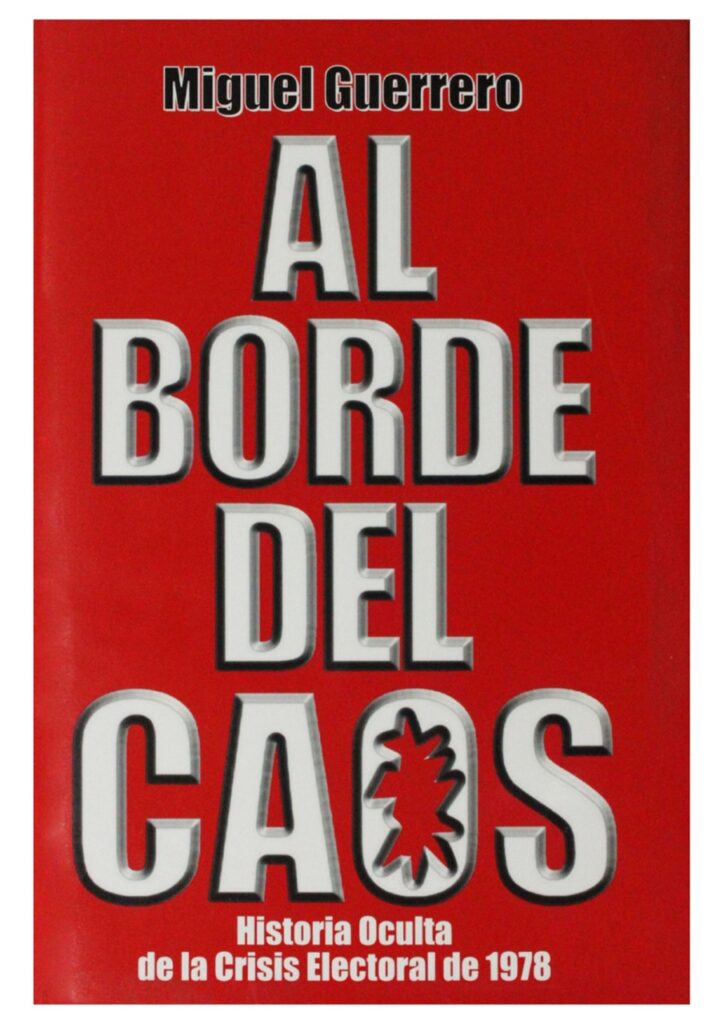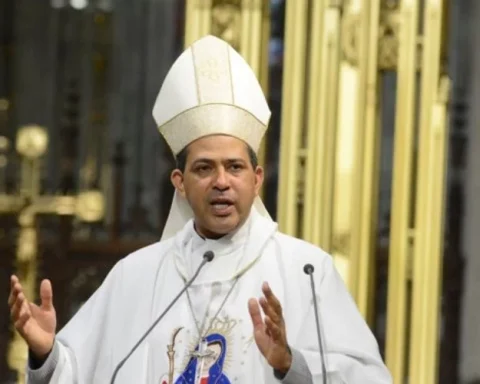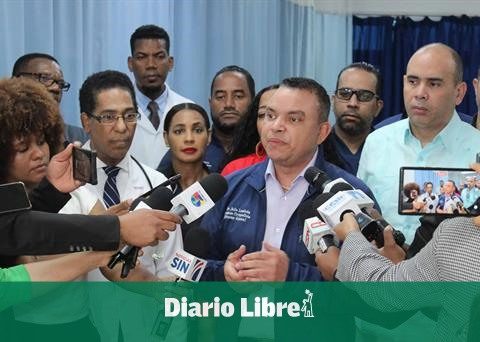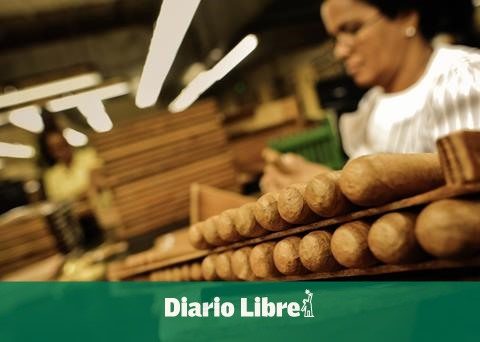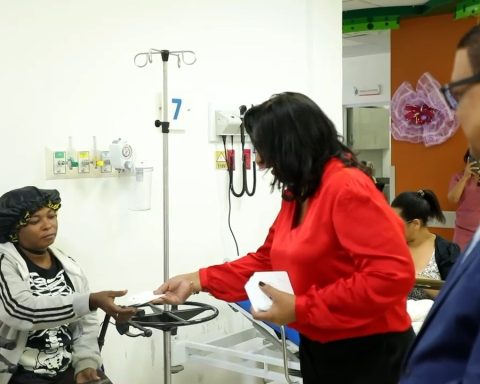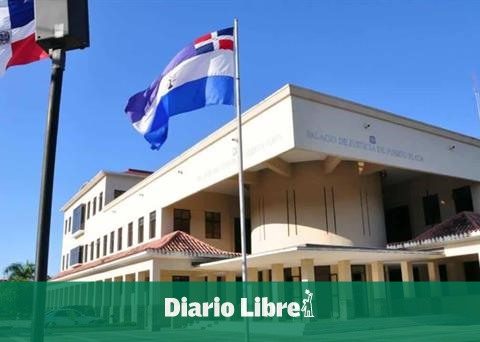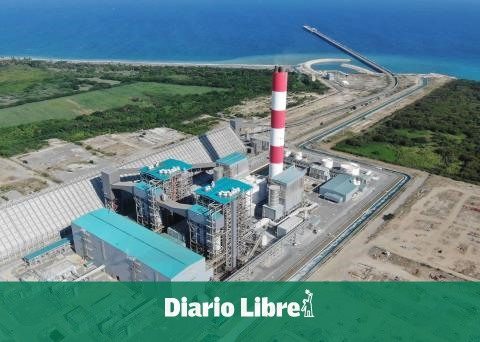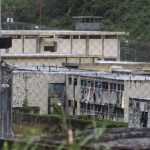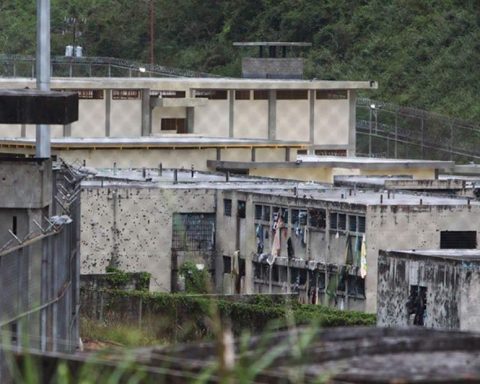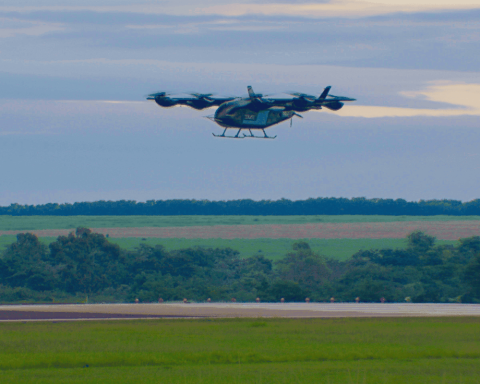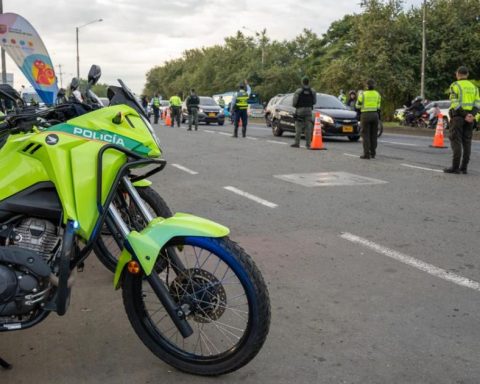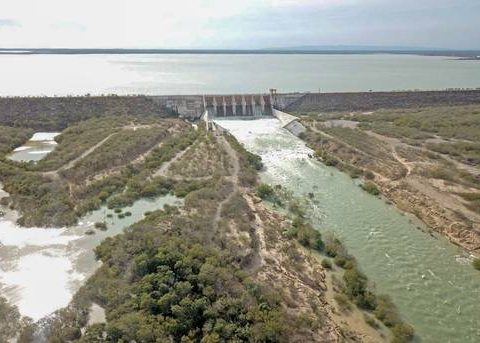In the early morning hours of Wednesday, May 17, 1978, mixed troops in fatigues and carrying long weapons abruptly occupied the headquarters of the Central Electoral Board (JCE), interrupting the official counting of the general elections held on yesterday. The military action occurred at a time when official bulletins broadcast by a national radio and television network placed the opposition candidate, 67-year-old landowner Antonio Guzmán Fernández, of the Dominican Revolutionary Party (PRD), well above his main competitor in the fair, the President of the Republic, Joaquín Balaguer, who opted for a fourth consecutive constitutional mandate.
Balaguer, close to turning 72 years old, had held the presidency since July 1, 1966, after having triumphed in the elections organized a month earlier, after the end of a civil war, under the supervision of the Organization of American States ( OEA). He had defeated Professor Juan Bosch on that long-ago opportunity, who was overthrown in the early hours of September 25, 1963, just seven months after being sworn in as the first constitutional president of the era after the fall of the 31-year tyranny of the Generalissimo Rafael Leonidas Trujillo Molina, shot to death by former collaborators in an ambush on the night of May 30, 1961.
The interruption of the electoral process by the military dragged the country into a credibility crisis of the political system and sowed the threat of a coup d’état, to prevent the victory of the opposition. Political tensions dominated the life of the republic throughout the long transition period of three months, from the elections to the installation of the new authorities, with dramatic effects on the country’s economy and institutional development. A strong international protest movement, with ramifications around the world, virtually cornered the government of President Balaguer and forced him to accept the verdict of the polls. The legal challenges of his Reformist Party, aimed at the annulment of the elections and the holding of complementary elections, did not have these effects, but instead delayed the official recognition of Guzmán’s victory and led to a “historic ruling” by the Junta Central Electoral that stripped the winning party of the majority that the voters had given it in the Senate. In a Lenten pastoral, referring to the elections, the Catholic hierarchy had established its position on the elections calling the attention of the parties and the voters about the responsibility that each one of them had in the success of that political campaign.
“ An election period is a national moment, especially intense, loaded with responsibility. Responsibility is determined by the economic, political and social consequences that such elections will derive for the nation, individually and as a community. Behind each program and political candidate there is always a specific type of society that is advocated and there is also a set of values (real esteem of concrete realities) that will seek to prevail over other values of a different or contrary sign. The bishops led by Cardinal Octavio A. Beras Rojas, Metropolitan Archbishop of Santo Domingo, understood that assuming this time of elections as a responsibility and not as an opportunity to achieve personal or group advantages, on the other hand, is for Catholics ” not only a civic duty grounded in nature but also a religious duty”. The importance of these elections forced citizens to responsibly seek, through their vote in the elections, the greatest possible perfection for the nation. They had to vote conscientiously without voting for the mere fact of doing so, keeping in mind the highest good of all “without petty interests”.
The Church rejected the insinuations of those who claimed that the bishops “going out of our role or mission, set specific political guidelines and impose them on the congregation”, but reminded the public authorities of their obligation to guarantee, “fairly and equitably, equality of rights of legalized parties in the electoral fair; safeguard normality in everything; promote everything that favors the smooth running of the process; ensure order, peace, freedom and mutual respect at all times and especially on voting day; respect serenely and with dignity the results of the elections and expedite as much as possible the counting of the votes and their truthful information”.
The electoral campaign had been carried out in an environment of relative normality, amid growing complaints of improper and partial military activity in the proselytizing struggles in favor of President Balaguer’s re-election aspirations. Practically blind for more than a year, Balaguer aspired to remain in power for another four years. He had been re-elected for a second term with the absence of the opposition in the 1970 elections. He won a third term in 1974 in a violent process, characterized by strong street confrontations with the PRD and the rest of the opposition, grouped in a broad front electoral process, baptized as the “Santiago Agreement”.
As was the case in 1970, the opposition parties finally chose to abandon the race for the presidency, denouncing the use by the government of the resources of power in the political campaign and the open and illegal participation of the military chiefs in the activities of the official candidate. . Although these antecedents presaged a virulent campaign in 1978, this time everything seemed to be different. Contrary to the most pessimistic forecasts, the electoral campaign formally ended two days before the voting date in a climate of relative normality and without last-minute withdrawals or abstentions.
On voting day, hundreds of thousands of Dominicans, from all social classes, made long lines from dawn to cast their vote for the candidate of their choice. Unexpectedly, the military action at dawn on May 17 changed the course of events and plunged the country to the brink of disorder and civil war; on the border of chaos. This work tells what happened in the Dominican Republic from May 16 to August 16, 1978.
